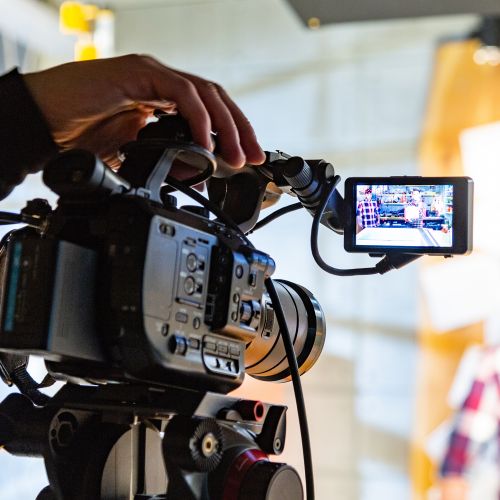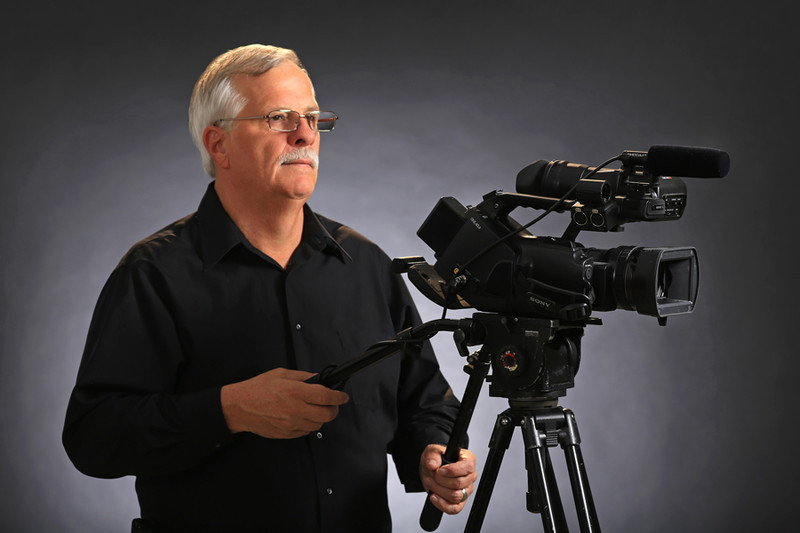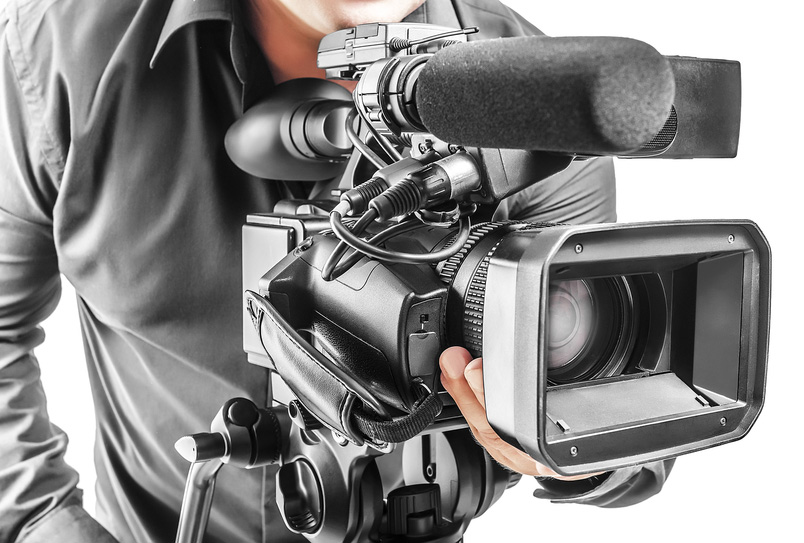Advanced Legal Videography Options for Legal Professionals.
Advanced Legal Videography Options for Legal Professionals.
Blog Article
The Function of Lawful Videography in Depositions and Trials
Lawful videography has actually emerged as a necessary tool in both depositions and trials, giving a complex strategy to recording witness testimonies. As lawful specialists increasingly acknowledge its value, it triggers a deeper evaluation of just how these aesthetic records can influence juror perceptions and test end results.
Relevance of Legal Videography
Legal videography plays a crucial function in the documents and presentation of depositions and trials. This specific area integrates technological abilities with lawful understanding to produce a reputable document of proceedings that can considerably influence case results. The visual facet of legal videography boosts the understanding of witness testimony, enabling jurors and courts to observe not only the spoken words but also the demeanor, emotions, and body language of the witnesses.

The value of legal videography expands past the court; it also plays an essential function in protecting evidence for future referral, whether for allures or further lawful action. Therefore, its combination into the lawful procedure is essential for making certain a fair and exact representation of the truths, inevitably adding to the quest of justice.

Refine of Legal Videography
While recording the subtleties of depositions and trials, the procedure of legal videography involves several critical actions that make sure high-quality, accurate recordings. A specialist legal videographer prepares by assessing the situation materials and understanding the details needs of the deposition or trial. This prep work includes familiarizing themselves with the individuals and the context, which assists in capturing pertinent details.
On the day of the recording, the videographer sets up the needed tools, which commonly consists of high-definition electronic cameras, microphones, and proper illumination. Guaranteeing optimal angles and audio top quality is essential, as it straight influences the performance of the recording. The videographer connects with lawyers and participants to develop methods, making certain that every person recognizes the recording process.
Throughout the deposition or trial, the videographer diligently records the proceedings, paying close attention to both verbal and non-verbal hints. legal videography. This includes recording the attitude and reactions of witnesses and attorneys. After the session concludes, the videographer may edit the video footage for quality and conformity with lawful criteria, generating an end product that precisely mirrors the proceedings for future recommendation and use in lawful contexts
Advantages in Depositions
The incorporation of videography in depositions offers numerous advantages that enhance the general procedure of gathering evidence. One key benefit is the capacity to record witness testaments with visual and acoustic integrity, providing an extra precise representation of the witness's disposition, tone, and body language. This multidimensional method permits attorneys and courts to analyze integrity extra efficiently than traditional written transcripts alone.
In addition, videographed depositions function as an effective device for preserving statement. Must a witness ended up being unavailable for trial, their videotaped deposition can be played in court, ensuring that their proof remains obtainable and relevant. This element considerably minimizes the threat of losing critical info that could influence case results.
In addition, making use of legal videography promotes much better preparation for lawyers. Assessing video clip footage permits legal teams to examine and fine-tune their techniques, recognizing strengths and weaknesses in their situations. This primary advantage can lead to even more engaging presentations in court.
Lastly, videography boosts the total professionalism of the deposition process, instilling confidence in customers relating to the thoroughness of their legal depiction. By leveraging innovation, attorneys can substantially enhance the efficiency of depositions.
Influence On Trials
In many tests, the combination of videography can considerably affect the discussion of evidence and the court's understanding. Lawful videography records witness testimonies and critical evidence in a dynamic format, permitting jurors to involve with the material on multiple levels. This visual element enhances the narration element of a test, giving context and emotional resonance that typical text-based evidence may do not have.
Additionally, video recordings can act as powerful devices for impeachment during cross-examination. When discrepancies develop in between a witness's prior statements and their court testimony, video clip evidence offers an unbiased recommendation that can guide jurors' point of views. This immediacy and quality can bolster the credibility of a party's narrative while all at once threatening opposing arguments.
Furthermore, making use of videography can assist simplify complex info, making it extra available to jurors that might struggle to understand detailed details presented entirely through verbal testament. By incorporating visuals with acoustic info, lawful videography can enhance retention and understanding, ultimately influencing the court's decision-making procedure. The effect of videography in tests expands past mere aesthetics; it plays a critical function in shaping the lawful landscape and outcomes.
Future Trends in Legal Videography
As we look toward the future of lawful videography, several arising patterns promise to reshape its function within the court room. One substantial pattern is the More Help combination of artificial knowledge (AI) in video clip analysis and editing - legal videography. AI can improve the process of determining key moments in recorded depositions, permitting lawyers to swiftly access pertinent content, thus enhancing efficiency in instance prep work
Furthermore, the increase of virtual truth (VIRTUAL REALITY) and increased truth (AR) technologies is anticipated to transform how jurors experience evidence. By immersing jurors in a simulated environment, these modern technologies can offer a more extensive understanding of intricate situations, leading to more enlightened considerations.

Furthermore, the boosting need for remote depositions, sped up by why not try here the COVID-19 pandemic, will likely proceed. Legal videographers will certainly need to adjust to new software and systems to ensure top notch recordings in online settings.
Last but not least, the growing focus on data security will certainly necessitate more stringent methods for storing and sharing video clip evidence. As the legal landscape develops, legal videographers have to stay abreast of these fads to keep their significance and effectiveness in the judicial process.

Conclusion
In recap, legal videography offers a crucial feature in the judicial process, improving the honesty of depositions and trials. By catching the subtleties of witness testimonies, this tool not only protects crucial evidence however additionally help in offering details effectively to jurors. The importance of visual documentation in examining reliability and assisting in interrogation can not YOURURL.com be overemphasized. As modern technology continues to advance, lawful videography is poised to additional change its duty within the legal landscape.
Report this page